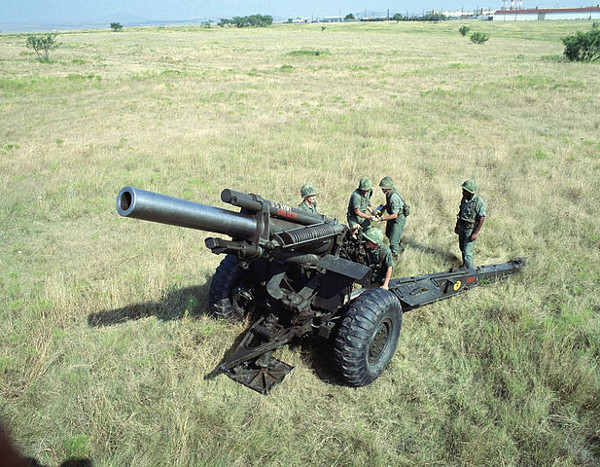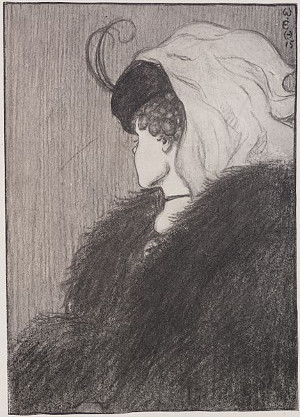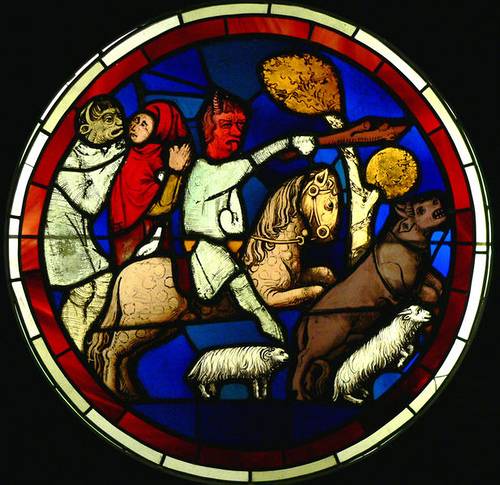metrophobia
n. an irrational fear of poetry
Search Results for: phobia
Afield
Obscure words from Paul Hellweg’s Insomniac’s Dictionary, 1989:
tomecide: the destruction of a book
lampadomancy: augury by torch flame
shotclog: a drinking companion tolerated because he pays for the drinks
allonym: the name of a real person borrowed by an author
ephelides: freckles
feuterer: someone who keeps a dog
hypnopedia: the process of learning while asleep (e.g. by listening to a recording)
girouettism: the practice of frequently altering personal opinions to follow popular trends
panchreston: a broadly inclusive thesis that purports to cover all aspects of its subject but usually ends up as an unacceptable oversimplification
grangousier: one who will swallow anything
A few facetious Latinisms collected by Michael Quinion:
ferroequinologist: a railroad enthusiast (“one who studies the iron horse”)
infracaninophile: a lover of the underdog
anti-fogmatic: an alcoholic drink that counteracts the effects of fog
In 2014 a Futility Closet reader led me to elephantocetomachia, “a fight between an elephant and a whale,” a valuable word assembled from spare parts. And my notes say that vacansopapurosophobia means “fear of blank paper” — a useful expression, even if it’s not in the dictionary.
Some Odd Words
Doubtful but entertaining:
Several sources define vacansopapurosophobia as “fear of blank paper” — it’s not in the Oxford English Dictionary, but it’s certainly a useful word.
I’ve also seen artiformologicalintactitudinarianisminist, “one who studies 4-5-letter Latin prefixes and suffixes.” I don’t have a source for that; it’s not in the OED either.
In Say It My Way, Willard R. Espy defines a cypripareuniaphile as “one who takes special pleasure in sexual intercourse with prostitutes” and acyanoblepsianite as “one who cannot distinguish the color blue.”
In By the Sword, his history of swordsmen, Richard Cohen defines tsujigiri as “to try out a new sword on a chance passerby.” Apparently that’s a real practice.
And one that is in the OED: mallemaroking is “the boisterous and drunken exchange of hospitality between sailors in extreme northern waters.”
(Thanks, Dave.)
Podcast Episode 106: The Popgun War

During wargames in Louisiana in September 1941, the U.S. Army found itself drawn into a tense firefight with an unseen enemy across the Cane River. The attacker turned out to be three boys with a toy cannon. In this week’s episode of the Futility Closet podcast we’ll revisit the Battle of Bermuda Bridge and the Prudhomme brothers’ account of their historic engagement.
We’ll also rhapsodize on guinea pigs and puzzle over some praiseworthy incompetence.
Double Dread
Lyssophobia is fear of hydrophobia.
In a Word
xenodochiophobia
n. fear of (or worry about) hotels
Art historian Bernard Berenson offered this word in his 1952 memoir Rumour and Reflection:
I invented it long ago to designate the sinking feeling that in my travels often overcame me: of fear lest the inn or hotel at which we were to lodge would be sordid, would not let me have the promised apartment; that my bedroom would have the wrong proportions, mulling or flattening me out of my normal shape and squeezing me out of my own way of breathing; that the lights would be glaring and no reading lamp by my bed; that there would be sharp or clattering sounds outside, or bad smells without or within. Motoring in the Vendee or Poitou, in Spain or Greece as evening darkened, tired or even exhausted, I would wish the destination farther and farther away, for fear of what I should find when I reached it.
When William Tazewell mentioned the word in a 1989 travel article in the New York Times, reader Louis Jay Herman wrote to add “a few more suggested contributions to the Hellenizing of the travel language”:
xenoiatrophobia
n. fear of having to cope with a foreign doctor
xenonosocomiophobia
n. fear of finding yourself in a foreign hospital
xenokleptophobia
n. fear of foreign pickpockets
hypselotimophobia
n. fear of high prices
And cacohydrophobia, loosely translatable as Can I drink what comes out of the tap in this joint?
In a Word

pentheraphobia
n. fear of one’s mother-in-law
Above: “My Wife and My Mother-in-Law,” from Puck, November 1915.
Asked what was the maximum punishment for bigamy, Lord Russell of Killowen said, “Two mothers-in-law.”
In a Word
paraskavedekatriaphobia
n. fear of Friday the 13th
In a Word
phobophobia
n. fear of phobias
DCLXVI

Hexakosioihexekontahexaphobia is fear of the number 666, which is linked to Satan and the Antichrist in the Book of Revelation.
Unfortunately, it’s rather hard to avoid. 666 is the sum of the squares of the first seven primes:
666 = 22 + 32 + 52 + 72 + 112 + 132 + 172
Also:
666 = 1 + 2 + 3 + 4 + 567 + 89
= 123 + 456 + 78 + 9
= 9 + 87 + 6 + 543 + 21
= 13 + 23 + 33 + 43 + 53 + 63 + 53 + 43 + 33 + 23 + 13
In 1989, after his second term as president, Ronald and Nancy Reagan moved to a new home in the Bel-Air section of Los Angeles. They had the address, 666 St. Cloud Road, changed to 668 St. Cloud Road.
